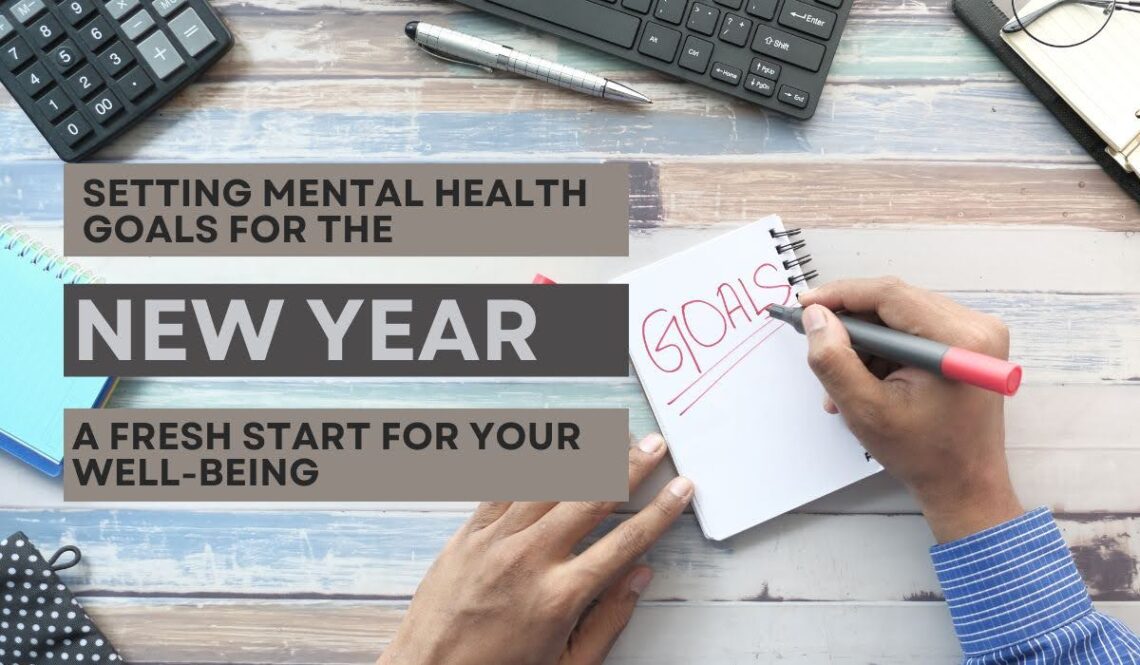
Setting Mental Health Goals for the New Year: A Fresh Start for Your Well-Being
As a new year approaches, setting mental health goals offers a chance to prioritise well-being and start the year with intention. Unlike vague resolutions, clear mental health goals give structure to personal growth and provide a tangible way to enhance emotional resilience.
Evaluating the Previous Year
Before setting goals, take time to reflect on the past year. What were the significant challenges you faced, and how did you handle them? Did your coping mechanisms serve you well, or were there moments where stress felt unmanageable? This reflection helps in identifying areas for improvement and ensures that your goals align with your current needs.
Creating Specific, Achievable Goals
When setting mental health goals, specificity is key. For example, instead of setting a broad goal like “reduce stress,” aim for something measurable such as “practice mindfulness for 10 minutes every morning.” Small, consistent actions often lead to more lasting changes in mental health.
Breaking down large goals into smaller, manageable steps also makes it easier to stay on track. Consider scheduling regular check-ins with yourself to assess progress, and adjust your goals as necessary.
Integrating Self-Care into Daily Life
One of the most effective mental health goals is integrating self-care practices into daily routines. For some, this could mean setting aside time for exercise, while for others, it may involve daily journaling or regular therapy sessions. Self-care isn’t just about indulgence; it’s about building habits that support long-term emotional well-being.
By setting realistic, achievable self-care goals, you’re more likely to maintain them throughout the year, ultimately leading to improved mental health.
Building Emotional Resilience
Another crucial goal is to build emotional resilience—the ability to cope with life’s challenges in a healthy way. This could involve learning new coping strategies, attending therapy, or practising mindfulness techniques. The aim is not to avoid difficulties but to strengthen your ability to navigate them.
Prioritising Connection
Mental health thrives on connection. Make it a goal to nurture relationships, whether by spending more time with loved ones or by reaching out to someone new. Social connections provide support systems that can be crucial during difficult times, making this an essential aspect of mental health planning.
Accountability and Support
Finally, find a way to stay accountable to your goals. Whether it’s through a friend, therapist, or even a journal, tracking your progress helps maintain momentum. Additionally, sharing your goals with others can provide the extra motivation to keep moving forward.
Setting mental health goals for the new year is about creating a balanced, sustainable plan for your well-being. By focusing on small, achievable changes, you set the foundation for a healthier, more resilient year ahead.







